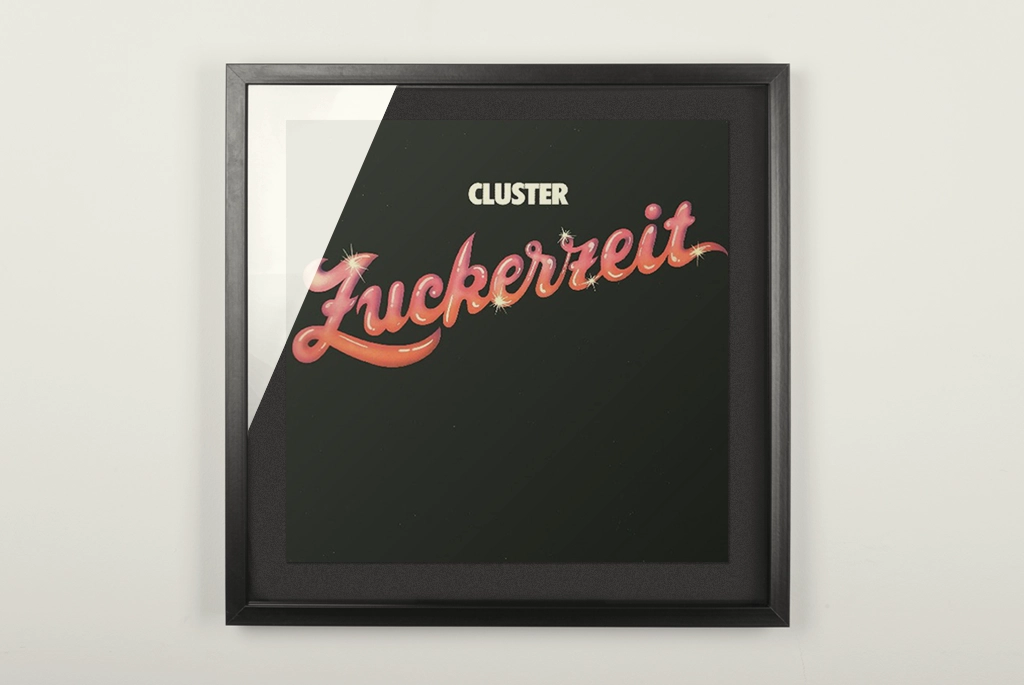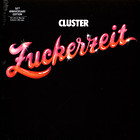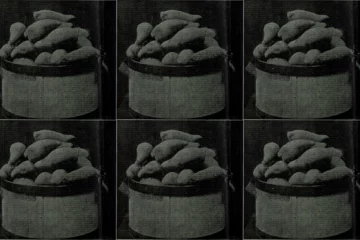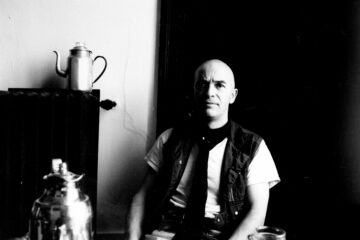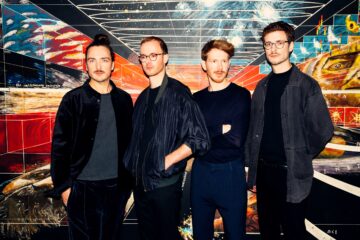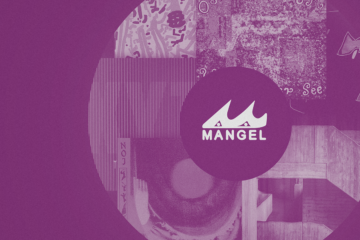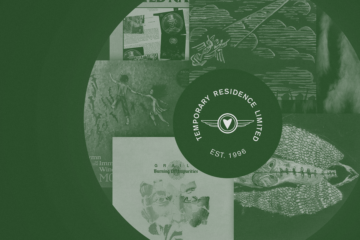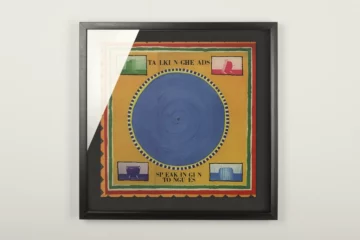It’s somewhat of an injustice that Dieter Moebius and Hans-Joachim Roedelius are not necessarily the first to come to mind when it comes to electronic music from Germany in the 1970s. This may be because their joint project, Cluster, is not so easy to grasp, because their music does not lend itself to the same easy categories as that of Kraftwerk or Tangerine Dream. Cluster is the contrasting music of two contrasting characters who also clash over differences of opinion: Cluster music is cacophonous, melodic and atonal, and even in its late phase in the 2000s was still committed to musical experimentation.
»Zuckerzeit« was released in 1974. It was the culmination of a development that began in 1971 with the album »Cluster«. The debut, made with producer Conny Plank as a full member, was an exercise in proto-dark ambient. “Cluster II” from 1972 was synthesised space music. And with “Zuckerzeit” everything is completely different again. The third album by the band, which was called Kluster with K before Conrad Schnitzler left, breaks some of the unwritten rules of experimental electronic music in the 70s. Instead of sprawling LP-length tracks, the album contains ten shorter tracks, most of which are underpinned by an analogue drum machine beat. The beat is new to Cluster. Strictly speaking, Zuckerzeit is not even a Cluster album. It is a collection of ten solo tracks, five each by Dieter Moebius and Hans-Joachim Roedelius.
Not sweet, but the taste remains
»Hollywood« by Roedelius opens the album, a track somewhere between rickety proto-house and synth-pop that would look good on a compilation of current electronic music from any decade. On the following track, “Caramel”, Moebius shifts the emphasis even more towards electronic pop, introducing a playful, slightly humorous component that he takes to the extreme in the next track, “Rote Reiki”. In this way, the seemingly contrasting approaches of Moebius and Roedelius merge into a Cluster album that, with almost prophetic foresight, tells of the diverse musical virtues that the duo maintained until the end, until 2009, when Cluster went out of business with the masterpiece “Qua”.
Perhaps the change of direction on »Zuckerzeit« is due to a change of location. Moebius and Roedelius, archetypal representatives of the Berlin School of electronic music, moved to the small town of Forst in the Weser Uplands where the tales of the Brothers Grimm are set. An old manor house became a living and recording space for them and later also Michael Rother, their colleague in the Harmonia project and at that time still guitarist in Neu!. The development on »Zuckerzeit« towards more beat and more melodic is often attributed to Rother’s influence as co-producer. However, he later explained that he had absolutely no hand in producing the album, but had simply lent his equipment to Moebius and Roedelius.
The pop-oriented feel of the album has to be seen in an avant-garde, experimental context. Beautiful sounds and deliberate noise disruptions balance each other, and even the melodic tracks are never saccharine, as the album title and cover design ironically allude to. Cluster are in the process of inventing the electronic pop of the future. Their USP: to release three albums in three years that couldn’t be more different within the framework of electronic music. Moebius and Roedelius opened several doors for various sub-genres and artists who, in the decades that followed, ensured that electronic music would become as diverse and deep as we know it today.

